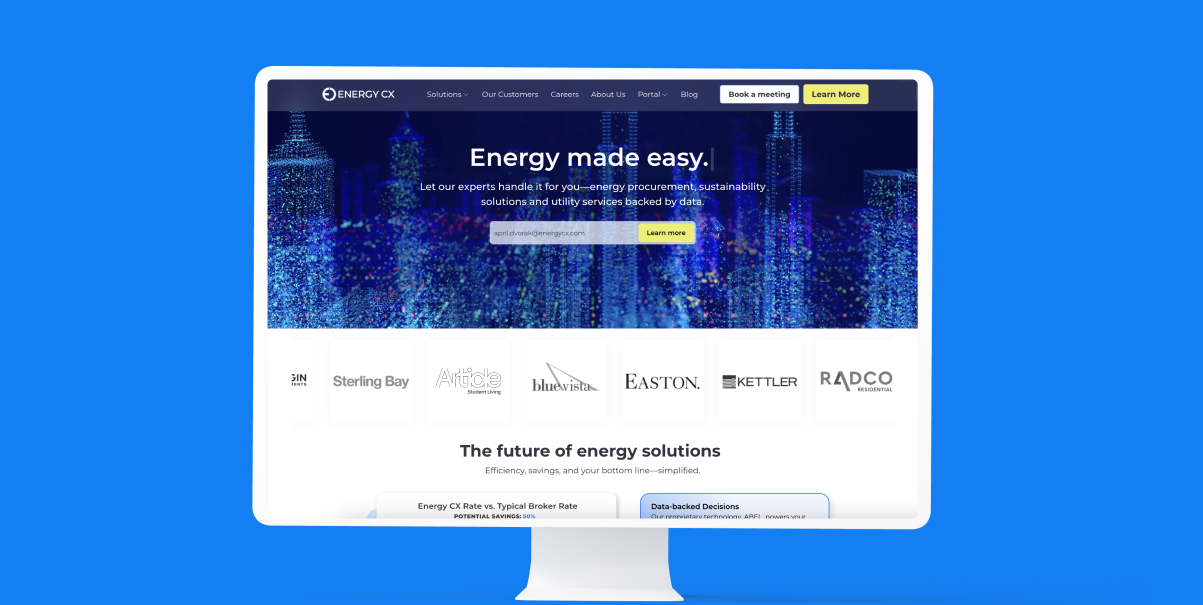What is Energy Procurement? A Comprehensive Guide.
Energy procurement is a critical aspect of operations for businesses, organizations, and even households. Yet, many may find themselves asking: What exactly is energy procurement? In this guide, we'll demystify the concept of energy procurement, exploring its definition, significance, and key components. Whether you're a business owner, facility manager, or simply someone interested in understanding how energy sourcing works, this blog will provide you with valuable insights into the world of energy procurement.
Understanding Energy Procurement:
At its core, energy procurement involves the process of sourcing and purchasing energy to meet the needs of a business, organization, or individual. This encompasses various forms of energy, including electricity, natural gas, and renewable energy sources like solar and wind power. Energy procurement is not a one-size-fits-all approach; rather, it requires tailored strategies to optimize cost-effectiveness, reliability, and sustainability.
Key Components of Energy Procurement:
- Market Analysis: Understanding the dynamics of energy markets is essential for effective procurement. Factors such as deregulation, supply and demand fluctuations, geopolitical events, and regulatory policies can all impact energy prices and availability.
- Supplier Selection: Choosing the right energy supplier involves evaluating factors such as pricing structures, contract terms, reliability, customer service, and sustainability commitments. Businesses often engage in competitive bidding processes or negotiate directly with suppliers to secure favorable terms.
- Contract Negotiation: Energy procurement contracts outline the terms of the agreement between the buyer and the supplier, including pricing mechanisms, delivery terms, payment terms, and performance metrics. Negotiating these contracts requires careful consideration of risk management strategies, such as fixed-rate vs. variable-rate pricing, and flexibility to adapt to changing market conditions.
- Risk Management: Managing risks associated with energy procurement is paramount to safeguarding against price volatility, supply disruptions, regulatory changes, and other unforeseen events. Strategies such as hedging, diversification, and forward contracting can help mitigate risks and stabilize energy costs over time.
- Sustainability Goals: Incorporating sustainability goals into energy procurement strategies is increasingly important for businesses seeking to reduce their carbon footprint and align with environmental objectives. This may involve sourcing renewable energy, investing in energy efficiency measures, or participating in carbon offset programs.
Benefits of Effective Energy Procurement:
Effective energy procurement offers numerous benefits for businesses and organizations, including:
- Cost Savings: Optimizing energy procurement strategies can result in significant cost savings through competitive pricing, efficient consumption management, and risk mitigation.
- Reliability: Secure and reliable energy supply is essential for maintaining business operations and minimizing disruptions.
- Sustainability: By prioritizing renewable energy sourcing and efficiency initiatives, businesses can reduce their environmental impact and enhance their corporate social responsibility efforts.
- Strategic Advantage: Proactive energy procurement strategies can provide businesses with a competitive edge in the market, enabling them to adapt to changing energy landscapes and capitalize on emerging opportunities.
Energy procurement plays a vital role in the operations, sustainability, and competitiveness of businesses and organizations across various industries. By understanding the fundamentals of energy procurement and implementing effective strategies, businesses can optimize their energy sourcing, manage costs, mitigate risks, and achieve their sustainability goals. With a strategic approach to energy procurement, businesses can position themselves for long-term success in an ever-evolving energy landscape.





